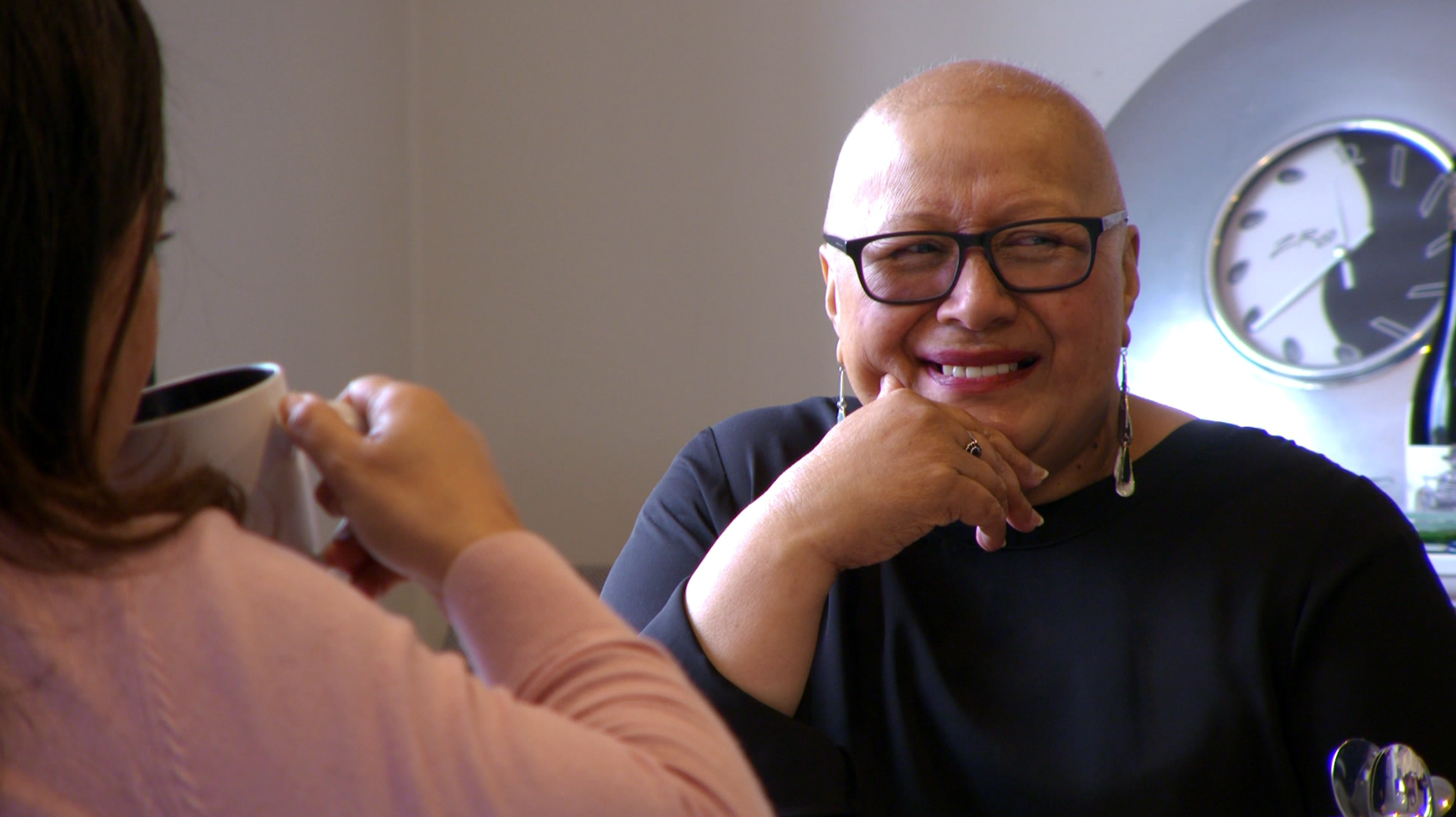An expert in public health says the chance of a major outbreak of measles in South Auckland is now high and a greater focus on vaccinating children is needed to arrest the area’s declining immunisation rates.
In March the Counties Manukau DHB said South Auckland healthcare providers appeared to be caught in a “seemingly impossible catch up phase” as they tried to tackle the area’s declining child vaccination levels.
The concerns were outlined in a paper which said immunisation rates fell considerably between March 2020 and March 2021 and had continued to drop since.
New data released by Te Whatu Ora Counties Manukau shows 84% of children in Counties Manukau were fully vaccinated at eight months of age. That compares to only 64% of Māori babies who were fully immunised, 84% of Pasifika infants, 94% of Asian children and 90% for other children in the same age group.
The Ministry of Health aims for 95% of children to be fully vaccinated at eight months, 24 months and five years of age.
Childhood immunisation includes the MMR vaccine for measles, mumps and rubella, as well as vaccinations for whooping cough, polio, diphtheria, tetanus, rotavirus, influenza and Covid-19, for those who are eligible.
But despite the dire warning, the rates of child immunisation rates have continued to fall in Counties Manukau. That’s something Auckland University associate professor of public health Dr Collin Tukuitonga said had to change, and central to his concerns is the potential for a new measles outbreak.
“Measles is a killer and people shouldn’t underestimate how serious it can be.” Tukuitonga said it’s a highly contagious disease that needed to be taken seriously.
In 2019 New Zealand experienced its largest measles outbreak in more than two decades, with 2185 cases which hit Auckland’s Māori and Pasifika communities the hardest. The 2019/2020 outbreak in Samoa killed 83 people, the majority of them children.
Tukuitonga said immunisation rates had got worse since the Counties Manukau DHB report was released earlier this year and low vaccination levels for Māori and Pasifika children continued to be a serious concern.
He said highly contagious diseases like measles and whooping cough were now more likely than ever to come into the country with open borders and increased travel.
“So we need to encourage parents and healthcare providers to get children vaccinated with the MMR vaccine.”
A Te Whatu Ora spokesperson said it was engaged with communities and providers across the region to address childhood immunisation uptake.
“Te Whatu Ora continues to have concerns about the low rates of childhood immunisations not just in the South Auckland region, but across Aotearoa New Zealand.”
And the spokesperson shared Tukuitonga’s concerns about the threat of a new measles outbreak.
“A recent cluster of measles cases in Fiji shows clearly that the potential impacts are just one very short flight away, and the currently reported cases of polio in New York and London demonstrate the dangers of child immunisation rates slipping,” he said. “This reinforces why Te Whatu Ora is devoting so much energy to this issue across the country.”
The spokesperson said it had a pilot immunisation programme based in South Auckland pharmacies focusing specifically on engagement with Māori and Pasifika whānau.












